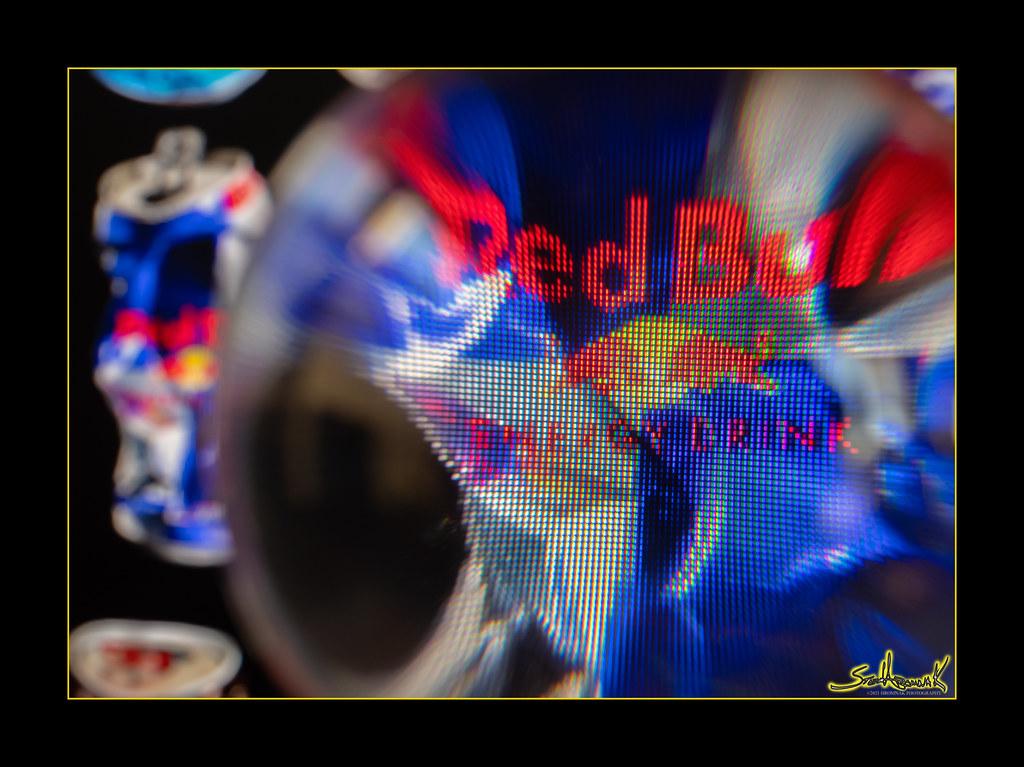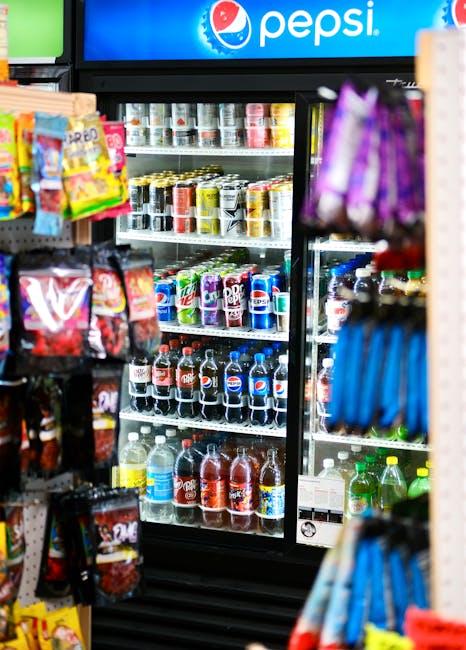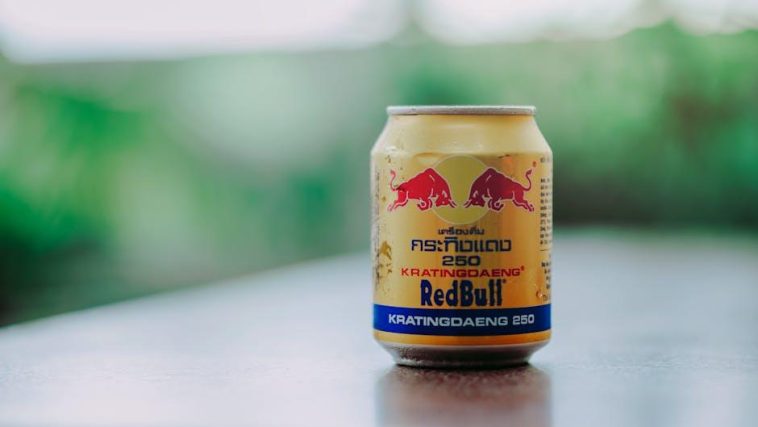In the fast-paced rhythm of modern life, energy drinks have emerged as the go-to elixir for those seeking a quick jolt of vitality. Promising an instant boost to power through the day, these colorful cans have become ubiquitous companions for students burning the midnight oil, professionals navigating demanding schedules, and athletes pushing the limits of endurance. Yet, beneath the vibrant branding and tantalizing flavors lies a complex concoction that warrants a closer look. As the popularity of energy drinks continues to soar, so too does the conversation surrounding their potential health risks. This article delves into the often-overlooked consequences of regular consumption, unraveling the intricate tapestry of ingredients and their effects on the human body. Join us as we explore the balance between energy and well-being, and uncover the truths that lie beneath the surface of these potent beverages.
Understanding the Ingredients: Whats Really in Your Energy Drink
When you crack open an energy drink, you’re met with a burst of flavor and the promise of a quick pick-me-up. But have you ever paused to consider what exactly you’re consuming? The list of ingredients often resembles a complex chemistry experiment rather than a refreshing beverage. Caffeine is the most prominent component, providing the stimulating effects that energy drinks are known for. However, the quantity can be alarmingly high, often exceeding the caffeine content of a standard cup of coffee. This high dose can lead to increased heart rate and heightened anxiety.
In addition to caffeine, many energy drinks contain a cocktail of other ingredients that can be concerning. Here are some common ones to be aware of:
- Sugar: Often in the form of sucrose or high-fructose corn syrup, contributing to high-calorie content and potential weight gain.
- Taurine: An amino acid that’s naturally found in the body but is included in energy drinks in much larger amounts.
- B-Vitamins: While essential for energy production, excessive amounts can cause nerve damage and other health issues.
- Guarana: Another source of caffeine that can intensify the drink’s overall caffeine content.
- Artificial Flavors and Colors: These can add to the allure of the drink but may have their own set of health concerns.
Understanding these ingredients is crucial in evaluating the potential health risks associated with regular consumption. As the market for these beverages continues to grow, being informed about what’s inside is more important than ever.

The Impact on Heart Health: What Regular Consumption Means for Your Cardiovascular System
Regular consumption of energy drinks can have profound implications for heart health, largely due to their high caffeine and sugar content. Caffeine, the primary ingredient in most energy drinks, is known to increase heart rate and blood pressure. While a moderate intake might not pose significant risks for everyone, habitual consumption can lead to chronic cardiovascular stress. This increased strain on the heart could potentially escalate the risk of arrhythmias, heart attacks, or even sudden cardiac arrest, particularly in individuals with pre-existing heart conditions.
- Elevated Blood Pressure: Continuous exposure to caffeine can lead to persistently high blood pressure levels, which is a major risk factor for heart disease.
- Increased Heart Rate: Energy drinks can cause tachycardia, a condition characterized by an abnormally fast heart rate.
- Impaired Blood Vessel Function: The high sugar content can lead to inflammation and impaired function of blood vessels over time.
Furthermore, the high sugar levels found in many energy drinks can contribute to weight gain and obesity, both of which are critical risk factors for cardiovascular disease. Over time, the excess sugar can also lead to insulin resistance, further exacerbating heart health issues. Therefore, it’s essential to be mindful of these potential risks when considering energy drinks as a regular part of your diet.

Mental Health Concerns: How Energy Drinks Affect Your Mood and Cognition
While energy drinks are often marketed as quick solutions for fatigue and concentration, their effects on mental health can be concerning. Caffeine, a primary ingredient, is known for its stimulating properties, but excessive intake can lead to heightened anxiety, restlessness, and mood swings. The sugar content in these beverages can also cause spikes and crashes in blood sugar levels, potentially exacerbating feelings of irritability and depression. Additionally, energy drinks often contain ingredients like taurine and guarana, whose long-term effects on mood and cognition remain largely unexplored.
- Increased Anxiety: Overconsumption of caffeine can lead to jitteriness and heightened anxiety.
- Mood Swings: Rapid changes in blood sugar levels may contribute to emotional instability.
- Sleep Disturbances: Excessive caffeine can interfere with sleep, further impacting mood and cognitive function.
It’s crucial to be mindful of these potential impacts, particularly for individuals already prone to anxiety or mood disorders. Balancing energy drink consumption with healthier lifestyle choices can help mitigate these risks.

Practical Tips for Reducing Your Energy Drink Intake Safely
Transitioning away from energy drinks doesn’t have to be daunting. Begin by gradually decreasing your intake. Instead of consuming multiple cans a day, aim to reduce the number by one each week. This gradual approach allows your body to adjust without experiencing withdrawal symptoms. Replace your morning energy drink with a healthier alternative like green tea or herbal infusions, which offer a gentle caffeine boost without the crash.
- Hydrate: Keep a water bottle handy to stay hydrated and curb cravings.
- Snack Smart: Opt for energy-boosting snacks like nuts or fruits to keep your energy levels stable.
- Sleep Well: Ensure you get adequate rest to naturally reduce fatigue.
- Exercise Regularly: Engage in physical activities to naturally enhance your energy levels.
By incorporating these practical steps, you can reduce your dependence on energy drinks while maintaining your energy and focus throughout the day.
In Retrospect
As we close the can on our exploration of the health risks associated with regular energy drink consumption, it becomes clear that while these beverages offer a quick jolt of vitality, they come with a side of caution. Like any powerful potion, they demand respect and moderation. With the knowledge we’ve poured over, it’s up to each of us to weigh the scales of energy and well-being, to choose the path that best sustains our personal health journey. So, whether you decide to sip sparingly or seek alternative avenues for an energy boost, let informed choices be the guiding force in your quest for vitality. After all, true energy is not just a fleeting surge, but a sustained harmony between body and mind.




